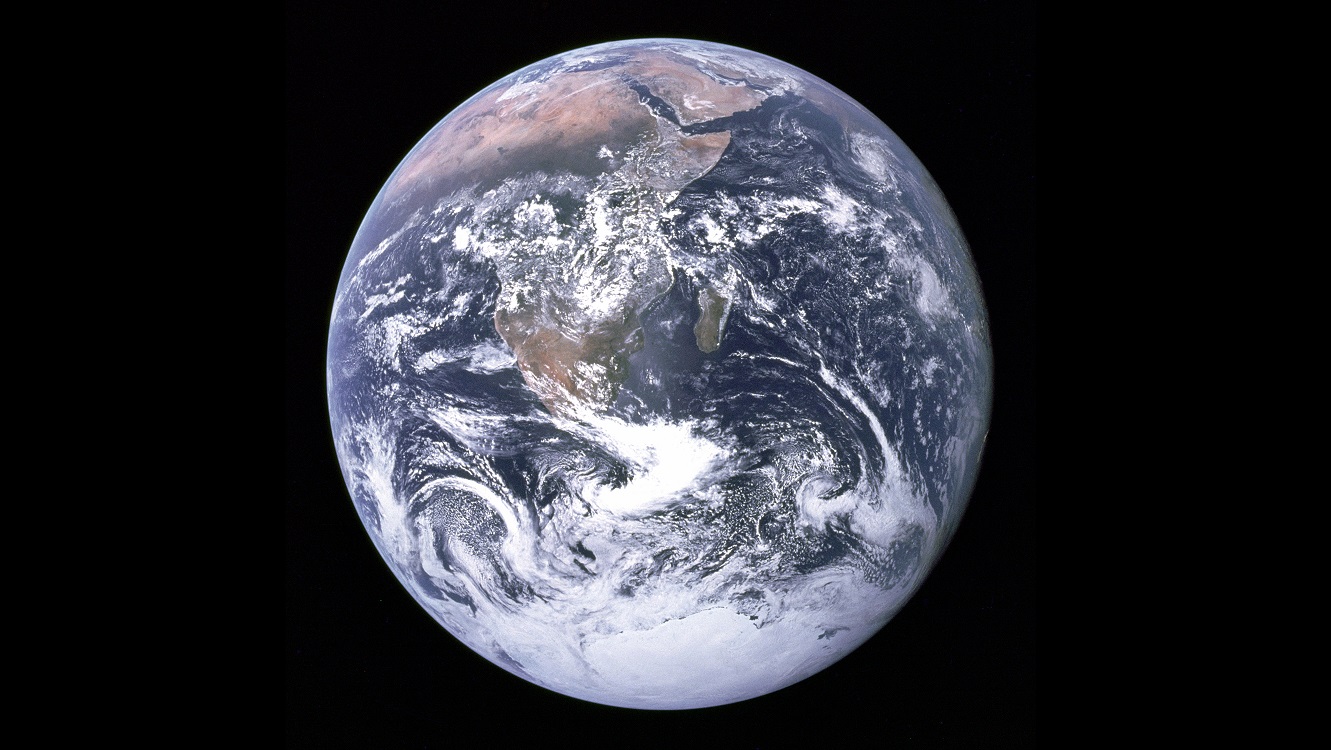This article discusses challenges humanity faces to sustain life on Earth and if the human race has outgrown Earth’s limited resources.
The article begins as follows:
In 1967, William and Paul Paddock’s best-selling book Famine 1975! argued that stagnant agricultural productivity and growing populations would mean abandoning countries like Egypt and Haiti to starvation by the middle of the next decade. (1) In 1968, Stanford biologist Paul Ehrlich’s book The Population Bomb—another bestseller—warned that overpopulation would soon lead to starvation and social upheaval on an enormous scale. (2) In all caps on the cover, just under the title, were the words, “WHILE YOU ARE READING THESE WORDS FOUR PEOPLE WILL HAVE DIED OF STARVATION. MOST OF THEM CHILDREN.”
Paul Ehrlich later denied having made any predictions in The Population Bomb, but in the original edition of the book he wrote
The battle to feed all of humanity is over. In the 1970s hundreds of millions of people will starve to death in spite of any crash programs embarked upon now. At this late date nothing can prevent a substantial increase in the world death rate.
Ehrlich said we would need drastic population measures—like adding drugs that would sterilize people to their drinking water—to have any hope of avoiding catastrophe. Saving humanity would require preemptive genocide.
The remainder of the article is available in Anthropocene blog.
Image credit: NASA










